Bought the Radar specifically to upgrade the sound my POD HD500X, instead of upgrading to a Helix or Axe FX. Although I still have a lot of experimenting to do, I can already say that the Radar meets (or beats) my expectations and breaths new life into my HD500X. Sofar I have only used it as the final component in the signal chain (1/4 out into the Radar to mixer to headphones/monitors) and the difference in sound is substantial. Used the Radar with my own IR's (replaced the stock ones with the free downloadable editor) and the improvement is well worth the 129 euro's I paid for the device. To my ears it brings to HD500X very close to a Helix.
Tips/Pro's/Con's;
1) Rename your own IR wav's to meet the length limitations of the Radar, prior to uploading.
2) Think about the sequence of your presets, as you cannot move them around after you've saved them.
3) The Radar is NOT a loadbox, so don't connect your head to the radar without a speaker or loadbox attached to your amp.
Pro's
1) Great value for money
2) Poweramp model's and EQ's available allow for finetuning or varying your presets.
3) Great sound
4) Store upto 30 third party IR's into the unit.
5) Well build, small footprint
Con's
1) External unit, so apart from changing presets on your POD, you need to also change the preset on the Radar that you've designated for the POD preset.
2) Seperate adapter (12V DC) required, however appearantly the Mooer should also function on 9V DC).
3) Limited functionality in the editor.
In all, great device, highly recommende.


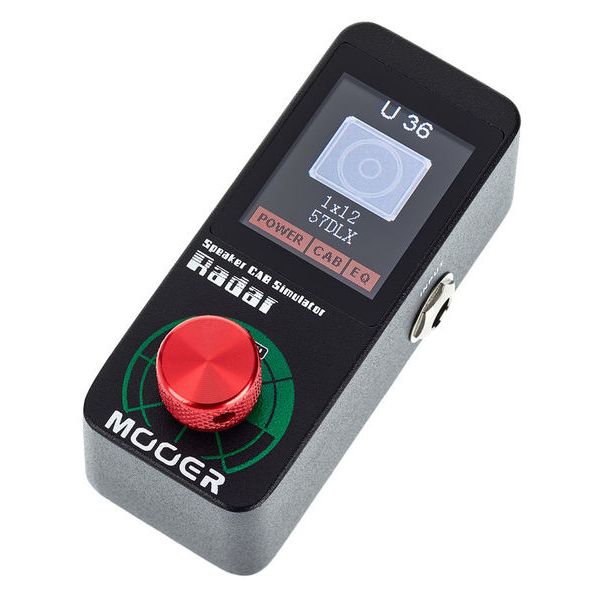

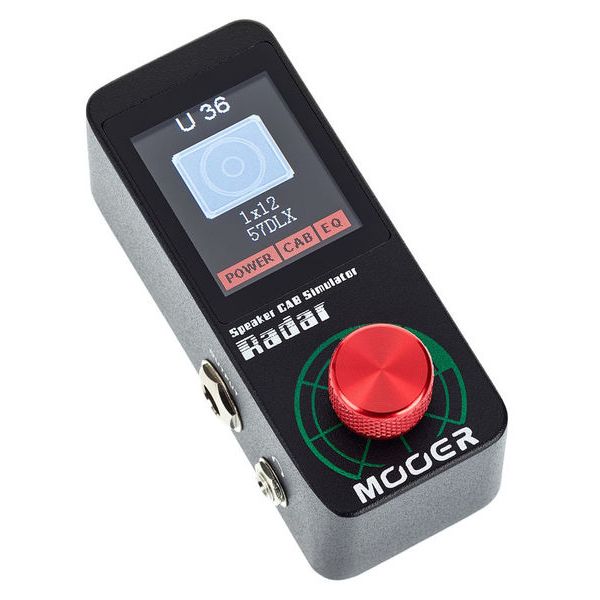
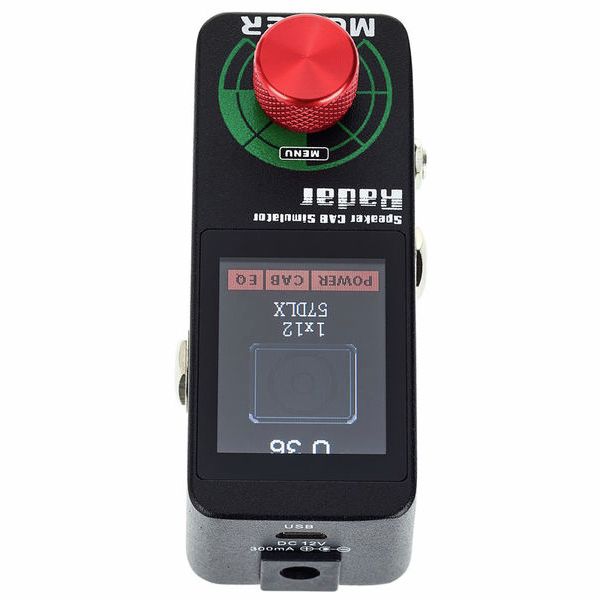
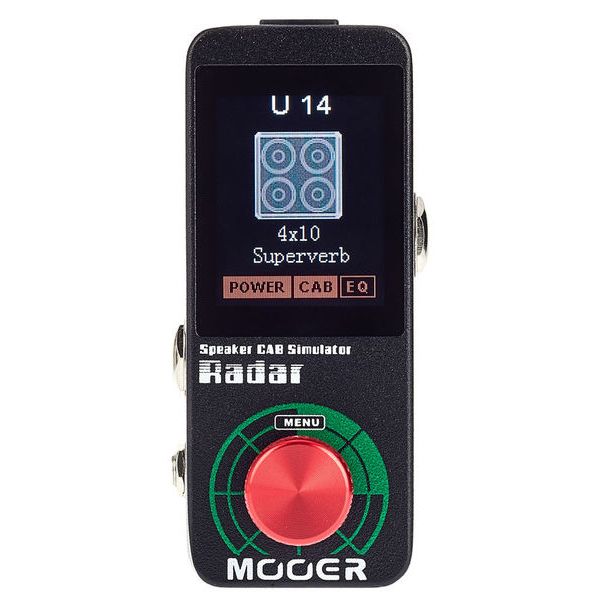
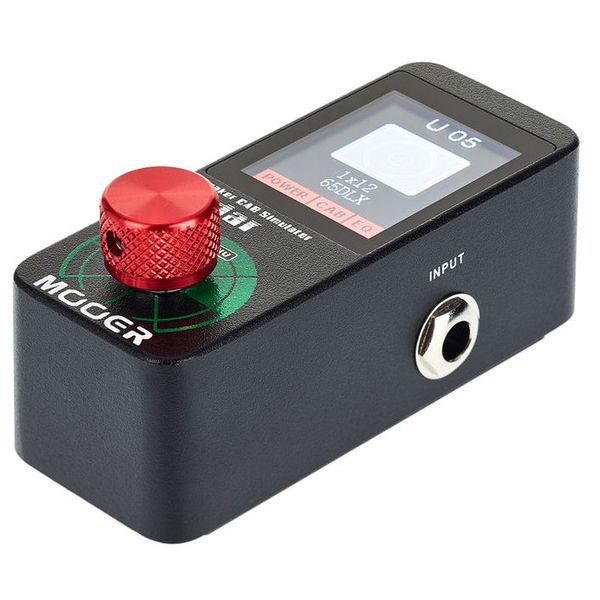
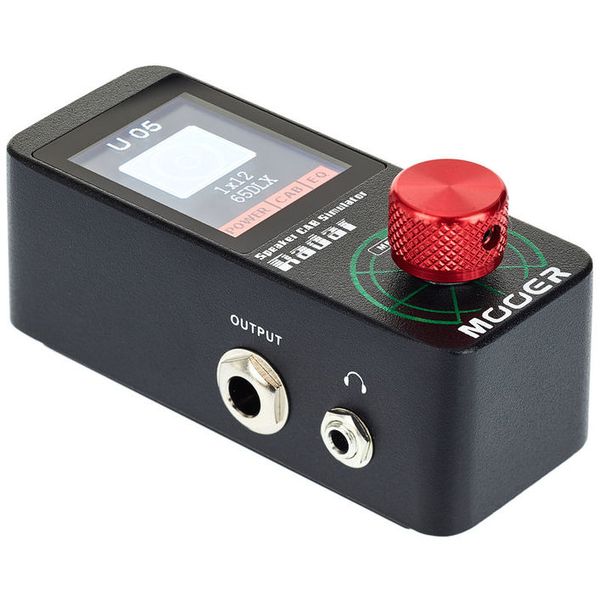
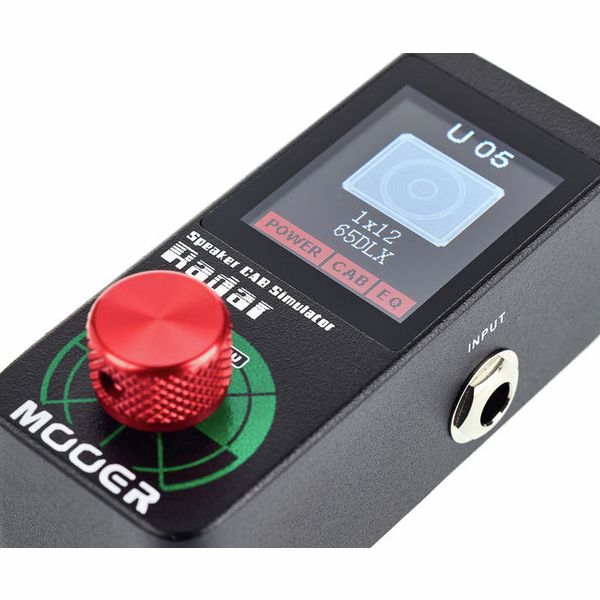
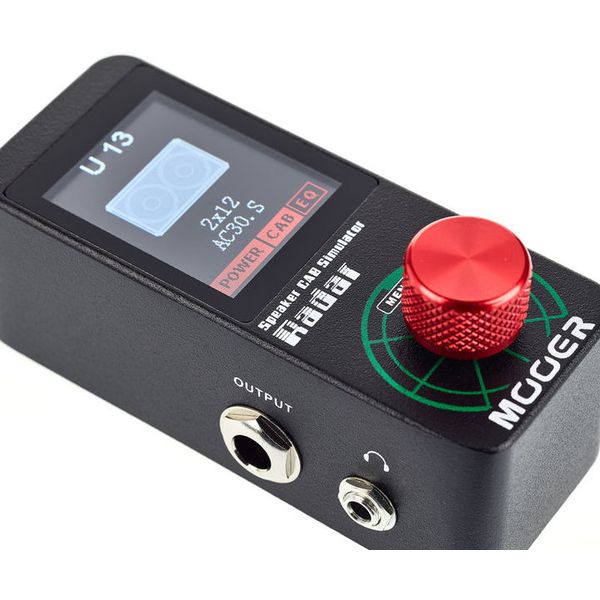
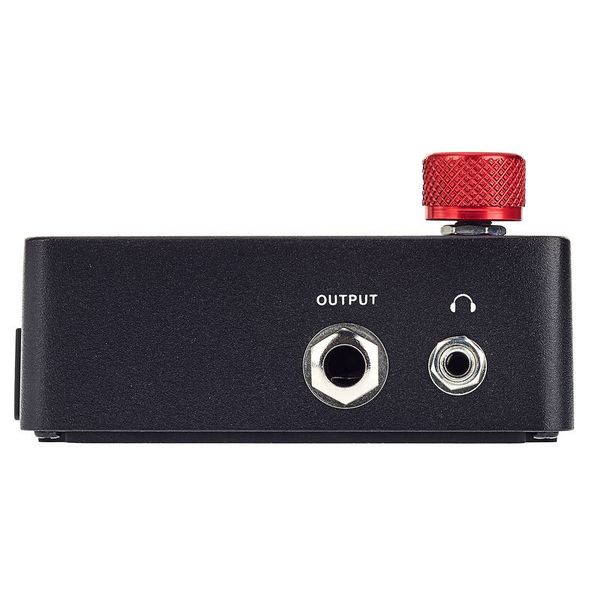
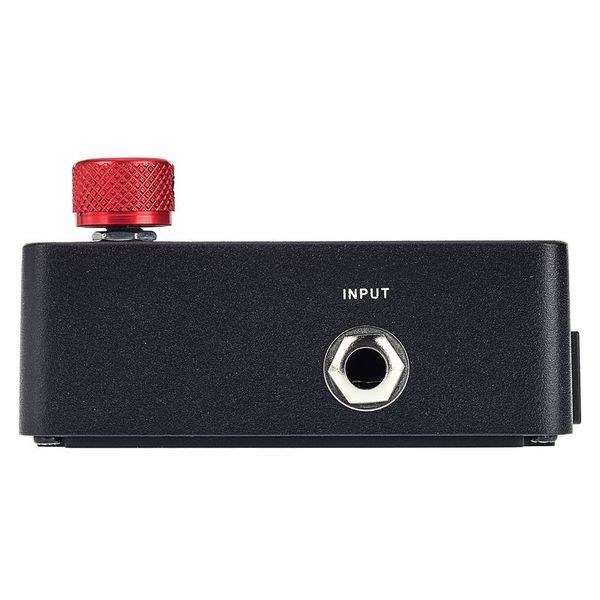
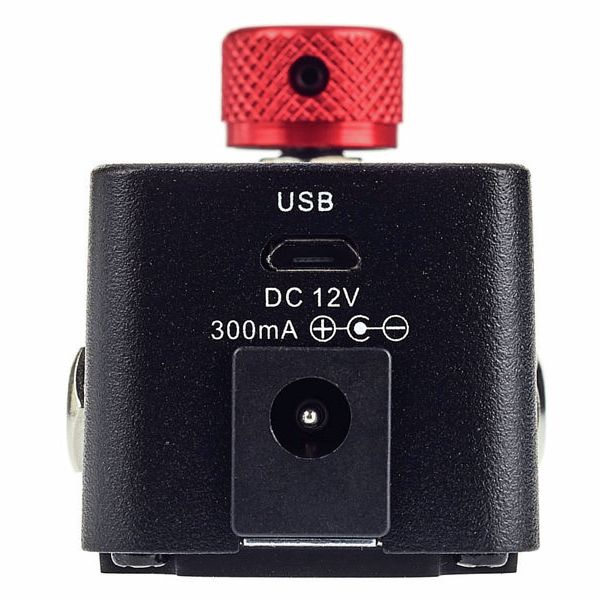
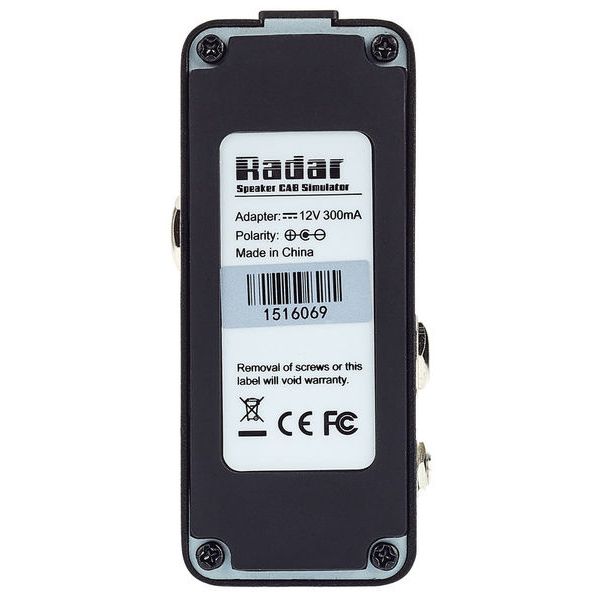
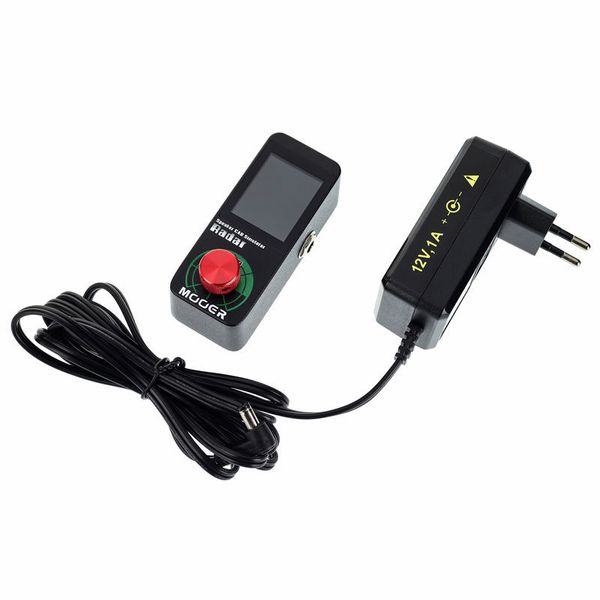

















)
)
)
